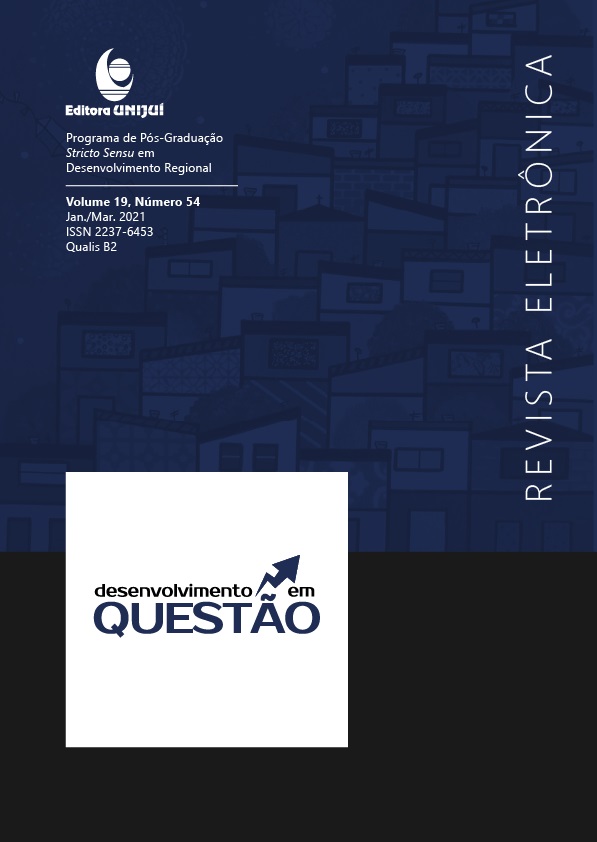THE DEVELOPMENTAL DISCOURSE ON BELO MONTE HYDROELECTRIC DAM IN THE CONTEXT OF THE GROWTH ACCELERATION PROGRAM (GAP)
DOI:
https://doi.org/10.21527/2237-6453.2021.54.28-47Keywords:
Belo Monte. Growth Acceleration Program (GAP). Discourse. Development. Public policy.Abstract
The government is an important source of information. One of the ways for the State to disseminate content is through official websites. The Growth Acceleration Program (GAP) is a federal creatin and aims to stimulate Brazil's growth through infrastructure works.The Belo Monte Hydroelectric Plant (UHBM) is the fourth largest project in the PAC and is the main undertaking on the program's energy axis. The construction of the dam and its current operation have generated debates until to date. The aim is to critically analyze the discursive mechanisms used by the Brazilian federal government in the PAC to put into practice the construction and operation of the Belo Monte hydroelectric dam. The materiality of analysis are the three official documents on the PAC, especially on the UHBM that are in the pac.gov.br domain: “About the PAC”; “Belo Monte: development with sustainability”; "Belo Monte, before and after". The methodology is based on the three-dimensional model of critical discourse analysis. The idea of development is taken up and presented in a way linked to state planning and the existence of an underlying social project, dependent on improving the population's life, with guaranteed rights through public policies, differentiating growth development. Belo Monte in PAC was transformed into the symbol of Brazilian development as a state flag, multiplier of investments and services and repair of economic and social deficiencies, perpetuating the predatory model of appropriation of nature. This unchanged discourse can be reappropriated for similar situations, which would disseminate partial statements that do not include the social, economic and environmental complexity of such enterprises.
Downloads
Published
How to Cite
Issue
Section
License
By publishing in Revista Desenvolvimento em Questão, authors agree to the following terms:
All works are published under the Creative Commons Attribution 4.0 International License (CC BY 4.0), which allows:
Sharing — to copy and redistribute the material in any medium or format;
Adaptation — to remix, transform, and build upon the material for any purpose, even commercially.
These permissions are irrevocable, provided that the following terms are respected:
Attribution — authors must be properly credited, a link to the license must be provided, and any changes made must be indicated.
No additional restrictions — no legal or technological measures may be applied that legally restrict others from doing anything the license permits.
Notices:
The license does not apply to elements that are in the public domain or covered by legal exceptions.
The license does not grant all necessary rights for specific uses (e.g., image rights, privacy, or moral rights).
The journal is not responsible for the opinions expressed in the articles, which are the sole responsibility of the authors. The Editor, with the support of the Editorial Board, reserves the right to suggest or request modifications when necessary.
Only original scientific articles presenting research results of interest that have not been previously published or simultaneously submitted to another journal with the same purpose will be accepted.
Mentions of trademarks or specific products are intended solely for identification purposes and do not imply any promotional relationship by the authors or the journal.
License Agreement (for articles published from 2025 onward): Authors retain the copyright to their article and grant Revista Desenvolvimento em Questão the right of first publication.











